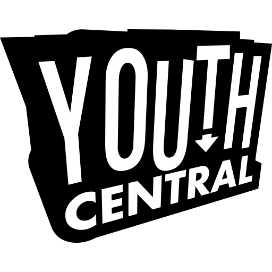Its been a year since the original BLM protests and now with the Stop Asian Hate movement, it seems that this is the time we have to be standing in solidarity with our friends from minority groups. Since last May people have been calling out to people the reeducate themselves on the social issues surrounding these groups and work together to help combat racism. But what might that actually look like? How do we be a part of the movement without overshadowing and taking all the glory from those most affected?
In response to the current events going on around the world, I have created a guide highlighting how to be a better service to the movements, on how to be a better ally.
1- Understand your privilege
First of all, what is a privilege and how do I know I have it? Privilege refers to social advantages, benefits, or degrees of prestige and respect that a person enjoys as a result of belonging to specific social classes. For example, as an able-bodied person, I am able to enter any building without having the fear of it being inaccessible for me to enter. I don’t even have to question if a building is able to cater to my needs because most buildings are designed in the likeness of able-bodied people. Therefore before an individual can stand and combat for the rights of others they must look at themselves and seek to understand the privilege that they hold and others don’t.
Having privilege does not mean you are rich, have had everything handed to you, or you have never had to struggle for anything in life. What it means is
2- Educate yourself
When you hear that a marginalized group is being marginalized, listen, and listen wholeheartedly. If you feel like your ignorant in some areas, feel free to ask questions and do a deep dive on Google to get really deep into the historical context.
Remember it’s not anyone’s responsibility to be your personal tutor on social issues, especially if you’re not paying them personal tutor money. There are plenty of resources that are already out there, of people who have shared their own stories and perspectives through books, news articles, and Instagram posts.
And be intentional about staying updated on current changes in the movement you are supporting. There are no cookie-cutter Black, Queer, Asian or Disabled experiences so constantly staying informed helps detach yourself from any implicit biases formed of that particular group’s experience.
3- Speak up, not over
As an ally, your goal should never aspire to be the spoke person for the movement but to bring awareness to it. Speaking out against prejudice is not the same as speaking on behalf of an oppressed community. Call people on their problematic actions, particularly when you’re in a position of privilege and have less fear of retaliation.
4- You have to put in the work
The term ally means “to unite or form a connection or relation between” which is a definition that defines an action. A person cannot simply claim to be an ally of a marginalized group they have to put in the effort and become an ally. It’s like saying ‘I’m a pilot’ yet have never flown an aircraft in my life there requires some action to it. This is why I push people to first become an ally in training before becoming a full-blown ally. Being an ally in training allows awareness and acknowledgment of the responsibilities of working in tandem with others.
In today’s society, activism has become the new norm. It is no longer okay to be not racist or not homophobic we must be anti-islamophobic and anti-ableist. In our efforts to do so we must remember to recognize our own privilege and ignorance while striving to do better and continue lifting marginalized voices working for change.

